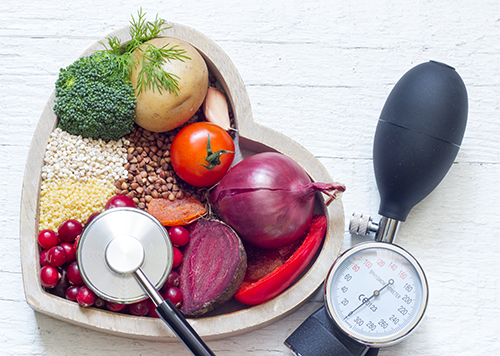The Power of Gratitude

In the hustle and bustle of daily life, it can sometimes be easy to focus on what’s missing or what’s going wrong. We get caught up in deadlines, obligations, and the pursuit of goals, often overlooking the small, meaningful moments that make life beautiful. Incorporating an attitude of gratitude into your daily routine and mindset is a simple yet powerful way to shift your perspective and focus on the positive, enhancing your overall well-being.
The Science Behind Gratitude
Numerous studies have revealed the incredible benefits of practicing gratitude. People who regularly express gratitude experience:
- Improved Mental Health: Gratitude has been linked to lower levels of depression, anxiety, and stress. By focusing on positive aspects of life, we can reduce negative thought patterns and foster a more optimistic outlook.
- Better Physical Health: Grateful individuals tend to have stronger immune systems, lower blood pressure, and better sleep quality. Gratitude can reduce stress hormones, which in turn supports overall health.
- Stronger Relationships: Expressing appreciation strengthens our connections with others. When we acknowledge and value the people around us, it deepens our bonds and fosters mutual respect and kindness.
- Increased Resilience: Gratitude can be a powerful coping mechanism during challenging times. By focusing on what we still have rather than what we’ve lost, we build resilience and find the strength to navigate adversity.
How Gratitude Changes Your Brain
Gratitude doesn’t just make you feel good—it literally rewires your brain. When you focus on what you’re thankful for, your brain releases dopamine and serotonin, the “feel-good” chemicals that enhance your mood. Over time, consistently practicing gratitude can strengthen neural pathways, making it easier to focus on the positive and cultivate a happier, more fulfilling life.
Practical Ways to Cultivate Gratitude
Incorporating gratitude into your daily routine doesn’t have to be complicated. Here are a few simple ways to get started:
- Keep a Gratitude Journal: Each day, write down three things you’re thankful for.
- Express Appreciation: Take the time to sincerely thank someone who has made a difference in your life. Whether it’s a handwritten note, a heartfelt email, or a face-to-face conversation, your words can have a lasting impact.
- Perform Acts of Kindness: Gratitude and kindness go hand in hand. Volunteer with a non-profit organization to serve your community or take the time to help family or friends in need. By doing something kind for someone else, you create a ripple effect of positivity and gratitude.
- Shift Your Perspective: When faced with challenges, try to find something to be grateful for, even if it’s just the lesson learned or the strength gained from overcoming adversity.
- Take a Gratitude Walk: Take a walk and a moment to notice the beauty around you. With each step, reflect on the things you’re grateful for. This intentional practice not only clears your mind but also shifts your focus to the positive, helping you cultivate a sense of peace, joy, and appreciation for the present moment.
- Practice a Gratitude Meditation: Gratitude meditation is a calming practice that invites you to focus on the blessings in your life. As you breathe deeply and reflect, you’ll notice a growing sense of peace, joy, and connection to the present moment. Regularly practicing gratitude meditation can enhance your overall well-being, reduce stress, and cultivate a heart full of thankfulness.
The Ripple Effect of Gratitude
This holiday season, take a moment to pause, reflect, and express your gratitude. The beauty of gratitude lies in its ripple effect—when we embrace it, we not only enhance our own well-being but also uplift those around us. Our positive energy becomes infectious, sparking a chain reaction of kindness, connection, and joy that spreads far beyond ourselves.
Sources for this article include:
Calm. “8 Gratitude Exercises to Cultivate a More Grateful Mindset”. Meditation and Mindfulness (2023). Accessed November, 26, 2024. https://www.calm.com/blog/gratitude-exercises
Chowdhury, MR. “The Neuroscience of Gratitude and Effects on the Brain” Positive Psychology (2019). Accessed November 26, 2024. https://positivepsychology.com/neuroscience-of-gratitude/

Director of Marketing


